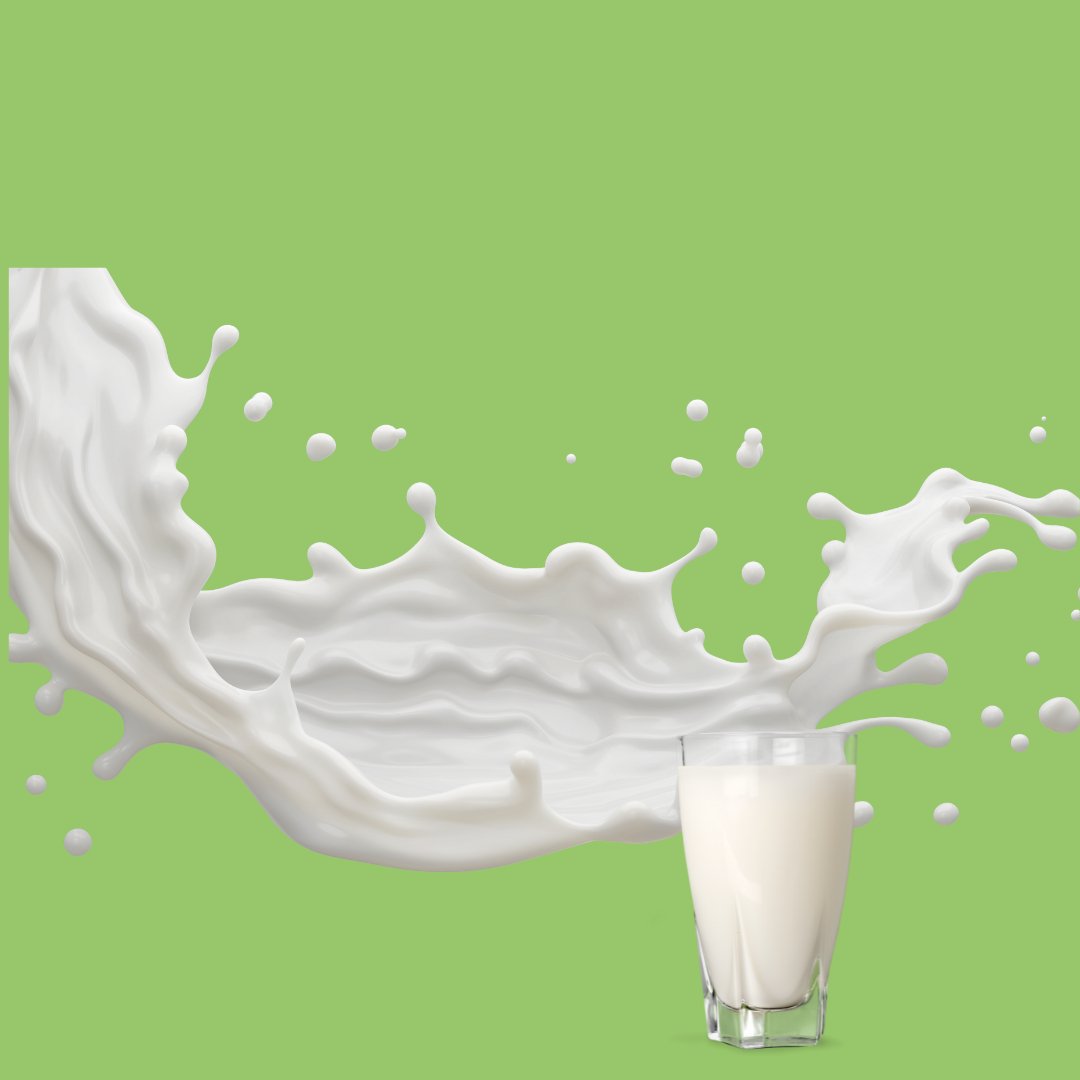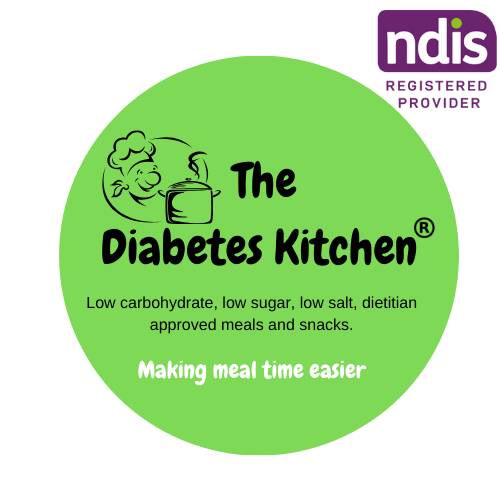Choosing the Best Milk for Diabetics: A Guide to Healthy Options
For individuals managing diabetes, selecting the right type of milk can be a crucial aspect of maintaining a balanced diet and controlling blood sugar levels. Milk is a staple in many diets, offering essential nutrients like calcium, vitamin D, and protein. However, not all milks are created equal, especially when it comes to their impact on blood glucose levels. In this blog post, we'll explore the various types of milk available and identify which are the most suitable for diabetics.
1. Cow's Milk
Cow's milk is rich in nutrients but also contains natural sugars, which can affect blood sugar levels. The carbohydrate content in cow's milk is primarily lactose, which can cause blood glucose to rise. For diabetics, it's generally recommended to choose low-fat or skim versions because they contain less saturated fat, which is better for heart health — a significant consideration since diabetes increases cardiovascular risk.
2. Soy Milk
Soy milk is a popular alternative to cow’s milk and is particularly beneficial for diabetics. It’s naturally low in carbohydrates, meaning it has a minimal impact on blood sugar. Soy milk also provides a good amount of protein, which can help regulate blood sugar spikes. Always opt for unsweetened varieties to avoid added sugars.
3. Almond Milk
Almond milk is another excellent choice for diabetics due to its very low carbohydrate and sugar content. It's also high in calcium and often fortified with vitamins D and E. Almond milk can be a flavorful, nutritious addition to a diabetic diet, especially when you choose the unsweetened versions. However, it's relatively low in protein, so it might not be as filling as other options.
4. Oat Milk
Oat milk is gaining popularity due to its creamy texture and beneficial nutrients. However, it’s higher in carbohydrates than other plant-based milks, which can cause a rise in blood sugar levels. If you enjoy oat milk, look for brands that are unsweetened and fortified with additional nutrients. Moderation is key with oat milk, especially for those actively managing blood sugar levels.
5. Coconut Milk
Coconut milk in its carton form (not to be confused with thicker canned coconut milk often used in cooking) can be suitable for diabetics when unsweetened. It’s low in carbohydrates and sugars but also low in protein. Coconut milk can add a tropical flavor to smoothies or cereal without significantly impacting blood sugar.
6. Rice Milk
Rice milk tends to be high in carbohydrates and low in protein, which makes it less ideal for diabetics. It can quickly raise blood sugar levels, similar to drinking a soda or other sugary beverages. If you prefer rice milk, consume it sparingly and always choose an unsweetened version.
7. Pea Milk
Pea milk is one of the newer plant-based options that offers a nutrient profile favorable for diabetics. It’s high in protein and low in carbohydrates, which can help manage blood sugar levels. Additionally, it’s often enriched with other vitamins and minerals, making it a nutritious choice.
Conclusion
When selecting the best milk for diabetes management, the key factors to consider are the carbohydrate content, presence of added sugars, and nutritional value. Unsweetened plant-based milks like soy, almond, and pea milk generally offer the best options due to their low impact on blood sugar. Always read labels carefully to make informed choices that fit into your dietary plan.
By understanding the different types of milk and their effects on blood sugar levels, diabetics can make choices that help manage their condition effectively while still enjoying a variety of nutritious beverages.





